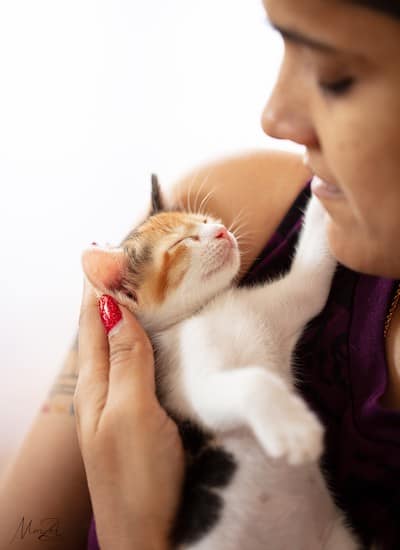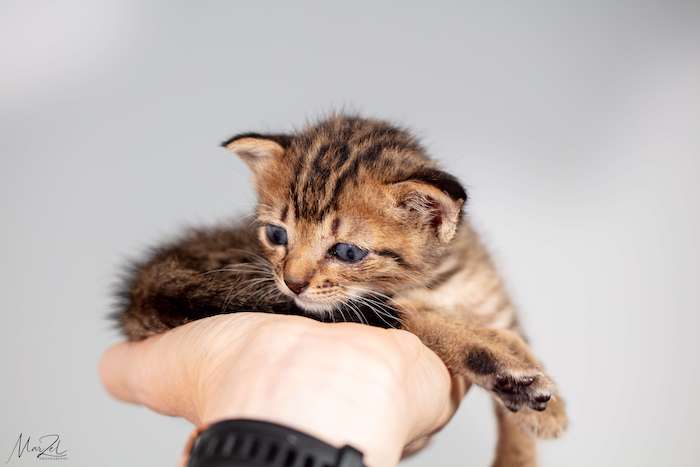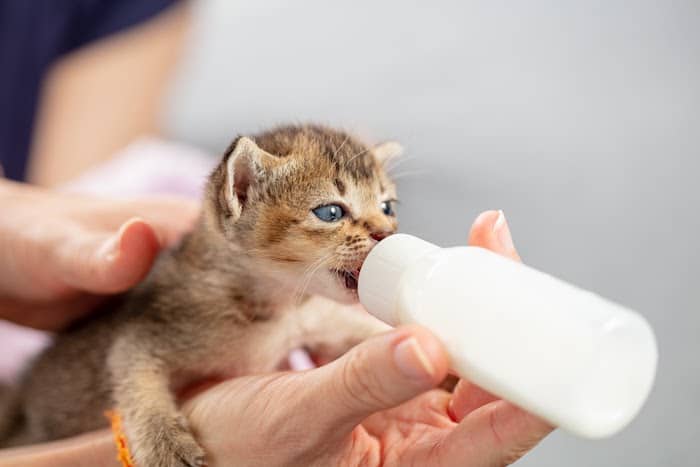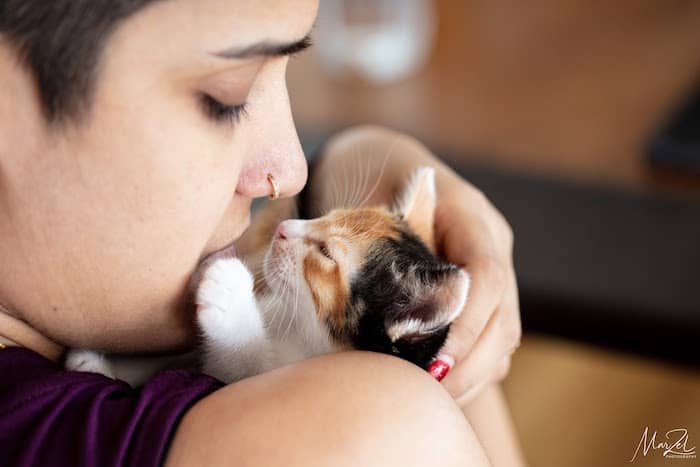A Second Chance at Life: Project LUNI on Fostering Cats and Kittens in Singapore
PUBLISHED April 8th, 2020 06:00 am | UPDATED May 18th, 2020 05:15 pm
Behind the scenes of doe eyed cats and kittens looking for their forever home are a tireless team of volunteer fosterers who open their hearts and homes to rescue felines. It’s a huge commitment that comes with huge responsibility, huge loads of cuddles and sometimes even huge heartbreak. We speak to one of Project LUNI’s most devoted fosterers, Suneeta Kaur (Sue) on her experience giving rescue cats and kittens a second chance at life.

How did you get started as a fosterer?
I started off helping Project LUNI out with their efforts to control the endless breeding cycle of street cats, what we call TNR (Trap, Neuter and Return). However, I started getting a lot busier at work and wanted to contribute to helping kitties in a different capacity. Project LUNI’s co-founder Nina encouraged me to try fostering out, and so I did. I started with one kitty first, with a lot of guidance from Nina.
Do you have other pets at home? If so, how did they adjust?
I had two dogs (one recently passed away) and four cats of my own. The dogs were pretty excited whenever new kitties came. My cats on the other hand are not really that bothered about young ones coming in. Most of the time, they mind their own business.
How did other people at home – partners, family – adjust?
Other people in my family are just awesome. Everyone plays an active role. My helper simple loves the kitties too much. Even my dad, someone who isn’t an animal person, has started ‘baby talking’ with the kittens.

What’s your day to day like? Does it differ for kittens versus cats?
I work in the day so my helper will be taking care of the kittens/cats first and when my partner and I get home from work, we take over. It definitely differs for the kittens and cats. With older cats, their feeding time is twice or thrice a day. With kittens, the feeding is frequent, every two to three hours). Also, their immune system is low at that age, so they are more prone to getting infections or symptoms like diarrhea which may sometimes mean multiple and tiring trips to the vet.
It can’t be all fun, love and cuddles. What’s the most challenging thing about fostering?
The most challenging thing is definitely when they fall sick. It becomes really worrying as their immune system hasn’t built up and kittens tend to deteriorate faster at that age.

Most number of kitties you fostered at any one time in the house?
14!.
How do you screen for genuine adopters?
For me, I must meet them face to face first -my first judgement is my gut feeling. Second would be whether there is a connection between the adopter and the kitten. Most importantly, I engage them in discussions to find out how committed they are to adopting and whether their intentions are genuine. Sometimes, you just know they are meant for each other. But of course, I never let any adopter who refuses to adhere to our policies adopt even if they are the best fit. Ensuring a safe environment for the cats is of utmost importance. If any adopter refuses to mesh their windows or put in measures to ensure their cats are kept securely indoors, or to sterilise the cats when they’re of age, it’s a no-go.
Is it hard to say goodbye?
At first it was hard. Over time, it became easier especially when you know the kitties are going to loving homes.

What’s your advice for anyone thinking of becoming a fosterer?
Fostering, like adopting, is a commitment. One must be dedicated to see to the kitten’s wellbeing and safety and of course provide the ultimate best for them. Show them all the love in the world. Most importantly, you need to be strong in times of crises when the kitten falls ill and prepare yourself for the worst. Don’t let one bad situation deter you from fostering. What keeps me going is the knowledge that I am giving these kitties a second chance at life.
Project LUNI is a Singapore-registered non-profit organization that has been saving street cats and kittens since 2017. Founded by Nina Heusler-Astolfi and Lukas Heusler, the project focuses on four pillars: Rehoming kittens, daily feeding of street cats, Trap-Neuter-Release (TNR) and medical care for street cats. Together with a passionate team of volunteers they successfully rehomed 117 cats in 2019 and have also sterilised more than 400 cats since their inception.
All of Project LUNI’s kittens and cats are vaccinated, dewormed and treated against fleas and mites if necessary. They have visited a vet for at least one full health check and will give you the vaccination booklet at the adoption date. Mostly, Project LUNI understands how important it is to socialise and shower them with love so they will make a perfect family member and are happy to live in a home before putting them up for adoption.
Check out the latest adoption posts on their Facebook and Instagram pages and in our weekly newsletter. Project LUNI also provides regular tips on how to care for your felines on their socials, so you’re welcome to drop them a message if you have any questions.
Images courtesy of @marzelphoto.



